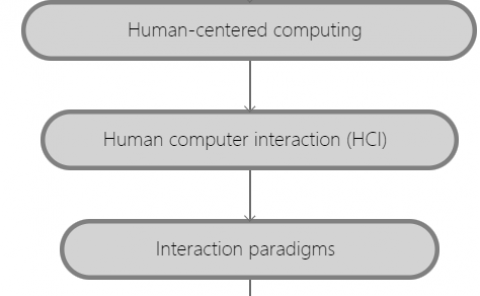Towards Ubiquitous Semantic Metaverse: Challenges, Approaches, and Opportunities
PubDate: July 2023
Teams: Carnegie Mellon University;Commonwealth Scientific and Industrial Research Organization;Mohamed Bin Zayed University of Artificial Intelligence
Writers: Kai Li, Billy Pik Lik Lau, Xin Yuan, Wei Ni, Mohsen Guizani, Chau Yuen
PDF: Towards Ubiquitous Semantic Metaverse: Challenges, Approaches, and Opportunities

Abstract
In recent years, ubiquitous semantic Metaverse has been studied to revolutionize immersive cyber-virtual experiences for augmented reality (AR) and virtual reality (VR) users, which leverages advanced semantic understanding and representation to enable seamless, context-aware interactions within mixed-reality environments. This survey focuses on the intelligence and spatio-temporal characteristics of four fundamental system components in ubiquitous semantic Metaverse, i.e., artificial intelligence (AI), spatio-temporal data representation (STDR), semantic Internet of Things (SIoT), and semantic-enhanced digital twin (SDT). We thoroughly survey the representative techniques of the four fundamental system components that enable intelligent, personalized, and context-aware interactions with typical use cases of the ubiquitous semantic Metaverse, such as remote education, work and collaboration, entertainment and socialization, healthcare, and e-commerce marketing. Furthermore, we outline the opportunities for constructing the future ubiquitous semantic Metaverse, including scalability and interoperability, privacy and security, performance measurement and standardization, as well as ethical considerations and responsible AI. Addressing those challenges is important for creating a robust, secure, and ethically sound system environment that offers engaging immersive experiences for the users and AR/VR applications.


